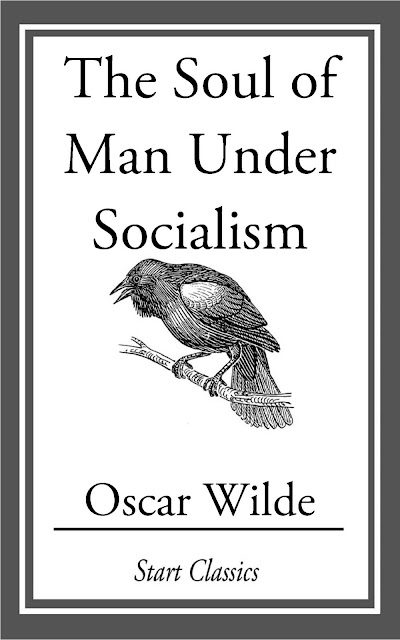"Totalitarianism is the belief that human intellect can be the guiding principle in life and society.”
One of the most important questions which face us as a species is why we have a propensity to go collectively insane in horrendously bloodthirsty ways. Why the Holocaust? Why the killing fields of Cambodia? Why Mao’s Cultural Revolution? Why Stalin’s purges?
Wars of conquest, horrible as they are, make sense to us. We can understand wanting something possessed by another and using force to get it. But these periods of madness lead societies to implode. They begin by vilifying particular subsets of their population, but the elimination of the victim classes leads to a widening net of destruction which may end up with the annihilation of those who initiated the purge. Hitler assured the German people that he was saving enough gas for them so that they wouldn’t have to face the reality of defeat. And many of those who enacted Stalin’s purges ended up finding themselves on the list. Whatever is going on in these times of madness is not something which can lead to a stable outcome.
Mattias Desmet has written a truly remarkable book on this topic. Building on the classic work of Hannah Arendt, he provides a framework for understanding the psychological landscape of totalitarianism which is concise and easy to understand. You’ll find yourself saying, “Ah, ha! Of course,” often.
He places this phenomena in the deepest of contexts, both that of the developmental psychology of the individual and the historical evolution of ideas.
As a child we learn language. We want to know the precise meanings of words, but words are described using other words. Meaning is always deferred. This sense of uncertainty can either be accepted as an opportunity for creativity or lead to an anxious hunger for some kind of certainty. The deepest question for the developing child is “What does the Other want?” What is the secret to being loved by the Other? The need for a sense of certainty about this question can lead to narcissism. Healthy development requires the ability to live with uncertainty.
The history of ideas also saw us faced with a choice between accepting that the essence of reality will always be unknowable or a mechanistic way of conceiving of the universe as something which can be fully explained and successfully manipulated to create an earthly paradise. The mechanistic worldview continues to dominate even though discoveries in physics which were made in the twentieth century reveal it to be unfounded. The mechanistic schema is that the realm of physics determines that of chemistry which determines that of biology which determines those of psychology, sociology and economics. But we now know that psychology has the ability to determine physical phenomena such as the movement of atomic particles.
Desmet explains that totalitarianism is the full expression of the mechanistic worldview.
What inspired him to assemble the notes on this topic he had been making over recent years and put them forward to the public in the form of this book was the social and political response to the Corona Virus. In the acceptance of authoritarian control imposed on society and the othering of the unvaccinated, he saw the basic patterns of what at other times has turned into full-blown totalitarianism.
I’m sure that many would resist this interpretation. Sure scientific studies have now shown that the lockdowns led to more collateral damage deaths than they could possibly have prevented Covid deaths. Sure we know that the Covid shots didn’t end up preventing anyone from contracting or passing on the disease (and thus don’t fit the traditional meaning of the word “vaccine” regardless of how much benefit they might hypothetically have in limiting symptoms for the individual.) But we believed these things in good faith. Is it fair to say that we were hypnotised as a result of our social isolation and free-floating anxiety? You or I might not have been a part of the mass formation perhaps, but extremes of behaviour were exhibited by large numbers of people which it does make sense to interpret in that way. Hostility toward “anti-vaxxers” certainly persisted beyond the point at which we knew that they posed no more risk to others than anyone else. And how do we explain people’s willingness to have their male children (who had an infinitesimal chance of a bad outcome from Covid) given a shot which carries a very significant chance of damaging their heart?
Desmet doesn’t go into detail about these issues. You can go to Alex Berenson or Dr. Robert W. Malone amongst others for that. His point is that we have a propensity to manifest totalitarianism. It isn’t just something that happened in foreign countries in decades past.
There is a spiritual vision at the heart of the book which points the way to a cure for our madness. If transhumanism is the latest form of totalitarian dystopia in waiting, the way forward is for us to embrace our humanity, and its grounding in the mysterious creativity of the universe, all the more deeply.







